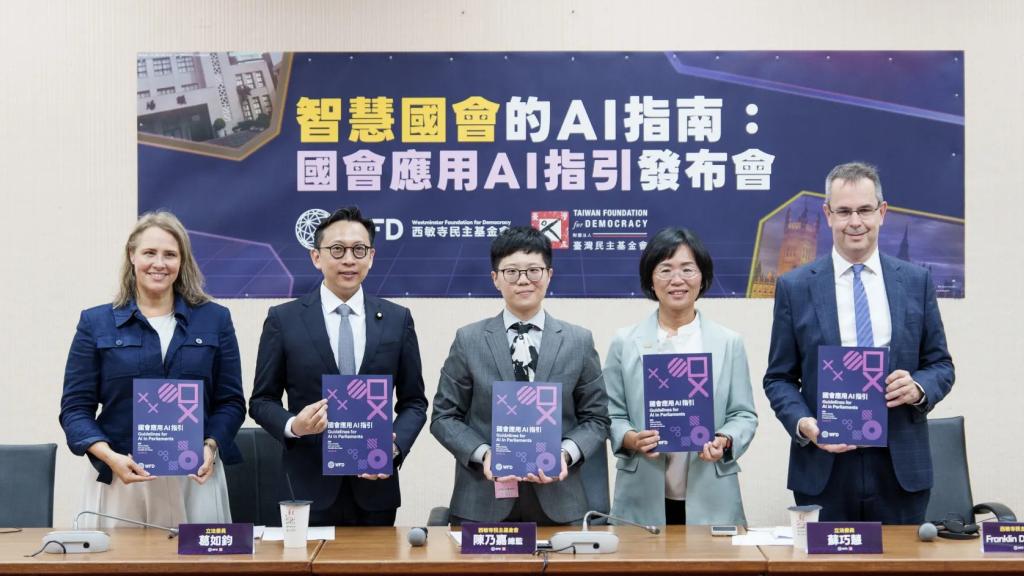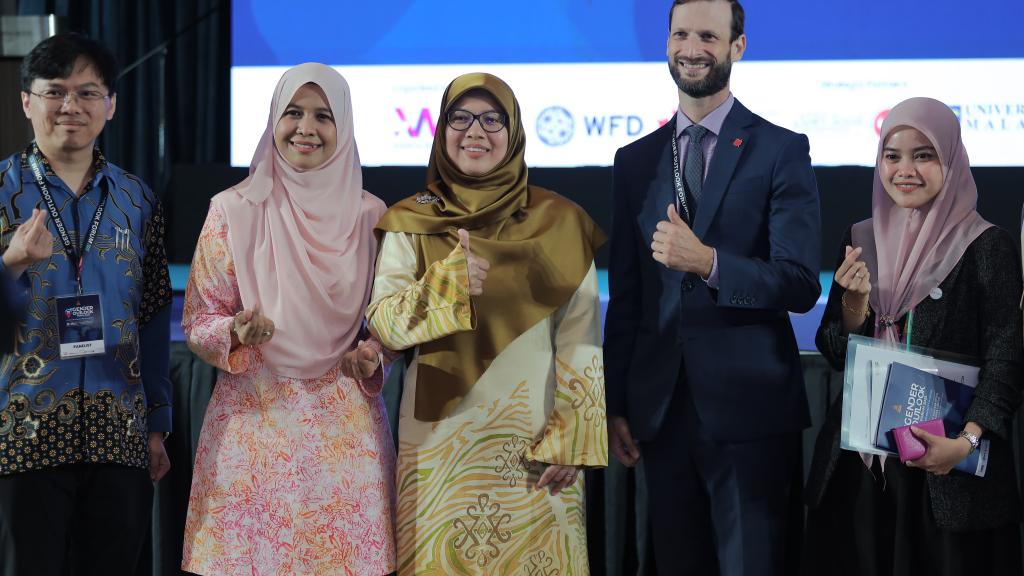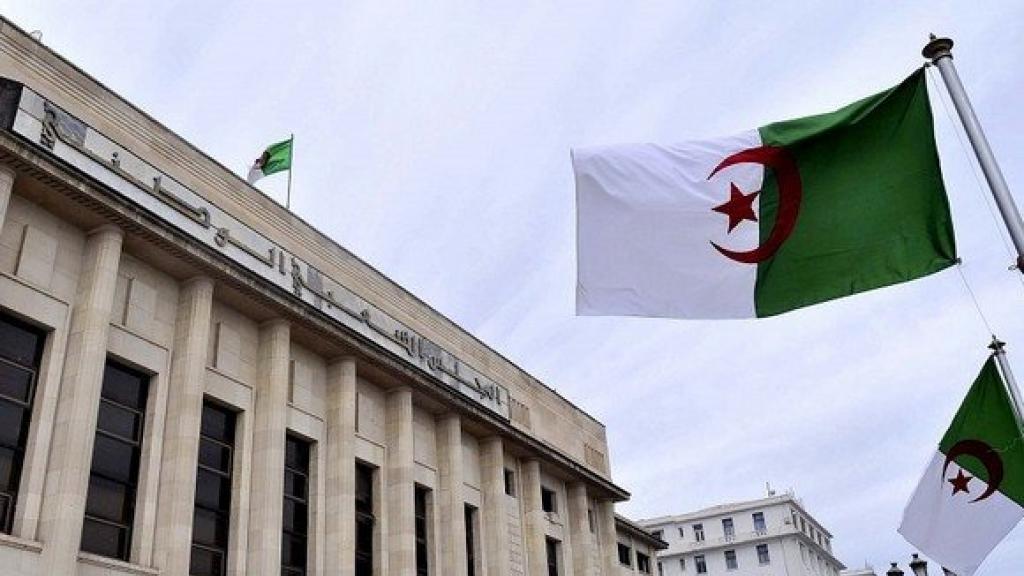International Day of Democracy 2019
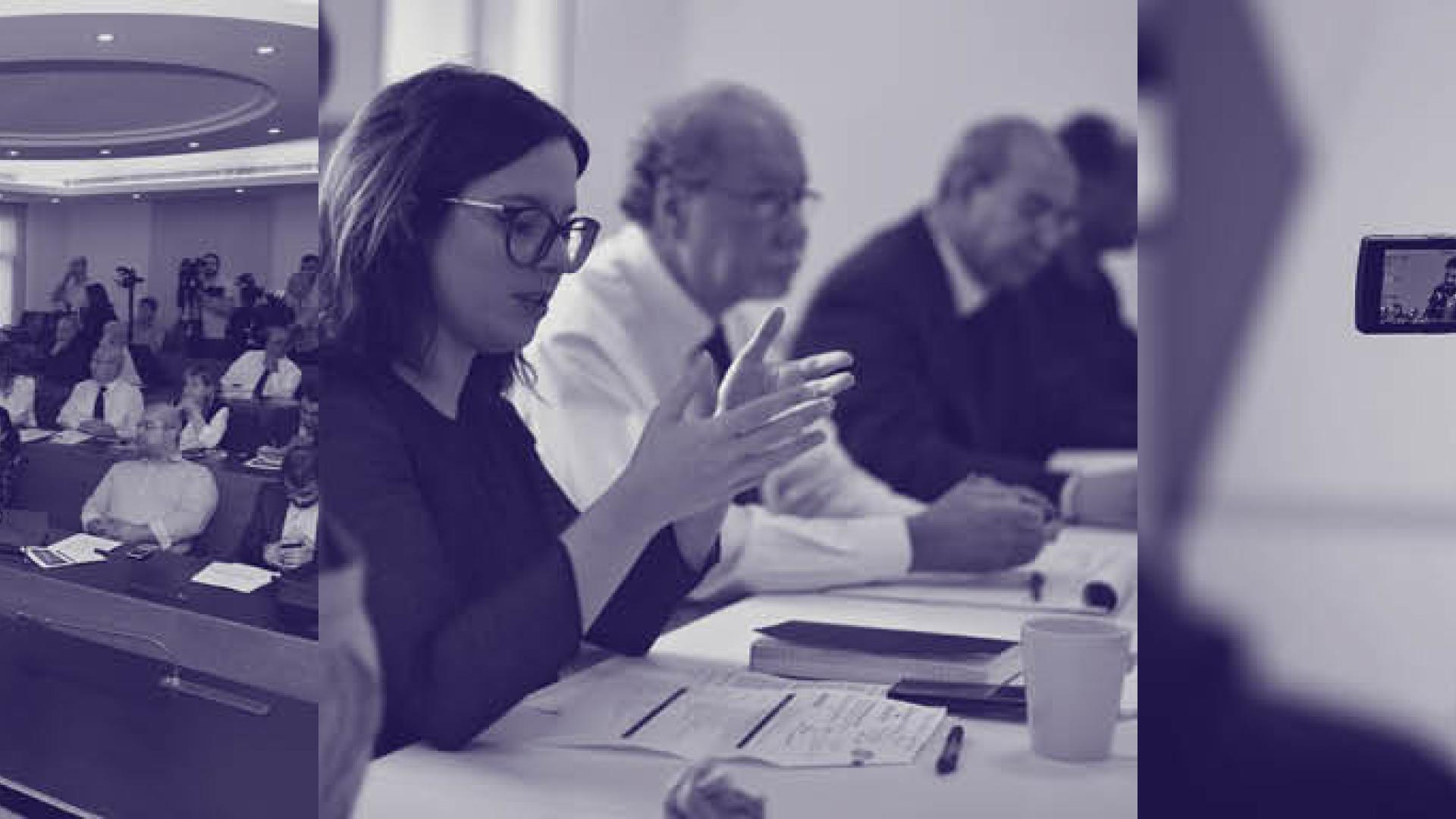
In our 33 offices across the globe, the Westminster Foundation for Democracy (WFD) is marking the day through a range of activities. These include hosting or taking part in events in the Gambia, Pakistan, Nepal, Belgium, and Finland, to name a few.
The day is also a great opportunity for us to reflect on our work, particularly our programmes to support participation, which is the theme of this year’s Democracy Day. Here are a few examples:
The Sierra Leone Parliament – there’s an App for that!
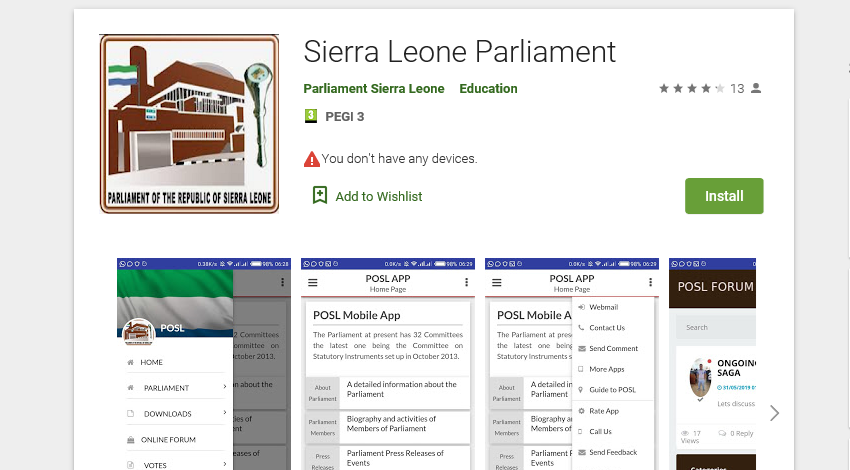
In Sierra Leone, we supported the development of a free mobile app called “Sierra Leone Parliament”. The aim of the app is to improve the Parliament’s openness and transparency and enable citizens to follow what the parliament is doing and get more involved in politics.
The app does this by creating a new way for parliament and citizens to interact with one another. WFD is working with Sierra Leone’s Information Communication and Technology and Library Research and Documentation Departments as they find new ways to increase citizen participation in the legislative process through technology.
On the app, users can find information about members of parliament, read press releases, research laws passed in parliament, and check out the parliamentary calendar, among other things. Soon, they will also be able to watch live video streams of the Sierra Leonean parliament through the app.
You can download the app and explore the full range of its functions on the Google Play Store.
Removing barriers to young people getting involved in politics in East Africa
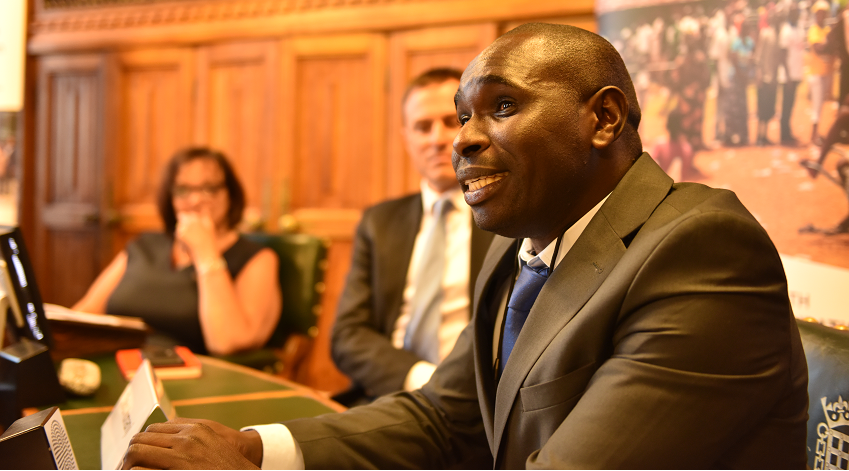
In East Africa, 73 per cent of the population are under the age of 30. However, formal politics is dominated by older people. Democracy works best when everyone’s voice is heard and they can participate in the decision-making process, so WFD is working with groups who want to make politics more inclusive of young people.
Our Commonwealth Partnership for Democracy (CP4D) programmes in Uganda, Kenya and Tanzania are supporting the inclusion of young people in politics by working with members of parliament, civil society organisations, young people, and activists.
For example, the CP4D organised a conference calling for young people to get more involved in politics, which was hosted by the Parliament of Uganda in March 2019. At the conference, the Ugandan Speaker, Rebecca Kadega, committed to asking parliament to review the high costs of nominating a young person to run for elected office, a key barrier to young people taking an active role in politics.
The following July, we welcomed Kenyan youth activist David Momanyi, to Westminster. He shared his thoughts on what stops young people participating in politics and how these barriers can be removed with members of the UK parliament, helping to sure up support for putting the African Charter on Democracy, Election and Governance – which includes ways governments can make their decision-making systems more inclusive of young people.
Engaging Persons with Disabilities in North Macedonia
Meanwhile in North Macedonia, WFD is working with persons with disabilities (PWDs), one of the most marginalised groups in society, to ensure their needs are at the top of the policy agenda. We are working with groups that support PWDs to create an alliance for change and engage other actors who can contribute to reform.
We are working with a cross-party group of MPs from the Parliament of North Macedonia who spent time with persons with disabilities and engaged in discussions on the challenges they face everyday. The recent presidential election in the country showed an increased sensitivity on the need to include communication methods and specific tools to engage persons with disabilities. We want to establish this as a standard practice in the political life in the country.
